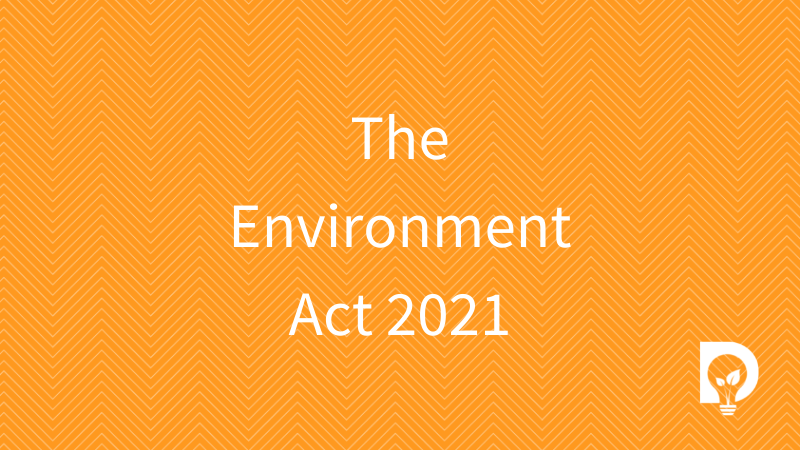Digital Waste Tracking: what the Environment Act does
The Environment Act now permits the introduction of universal electronic waste tracking. By tracking waste (and the paperwork that goes with it such as waste transfer notes and hazardous waste consignment notes), the government is able to tackle waste crime, and move us towards a circular economy where waste is treated as the resource it really is.
Digital Waste Tracking: what waste management companies need to do
Waste management companies need to be ready to participate in, and eventually be forced into, digital waste tracking schemes. This starts with moving away from paper-based waste management and compliance processes, and moving towards open digital systems that help you structure your data and improve your data quality. Crucially, whatever system you use must make your data freely accessible to you, so that you can enjoy the benefits of your own, valuable, clean, structured data, while also being free to easily and quickly change suppliers at no cost if you are not happy.
Duty of Care enforcement: what the Environment Act does
Very few Duty of Care enforcement actions have traditionally made the headlines (I am thinking of Bob's Skips here as one lonely example.) Now, the Environment Agency's Duty of Care enforcement capability will, for the first time, be funded by charges that it is able to levy to the wider waste sector under the Environment Act. The whole sector will now be paying for this enforcement action, and the compliant companies will come out well. Waste management companies lacking the will or resources to change may come out less well.
Duty of Care enforcement: what waste management companies need to do
Consider carefully how you manage and check the compliance status of your supply chain and sub-contractors. Be ready to demonstrate, during unexpected audits, that you keep compliance records. You must check that all sub-contractors, suppliers and disposal sites you use are licenced at each and every point that you book a job with them.
A recent Report on waste crime found that one of the biggest drivers of organised waste crime was 'legitimate businesses trying to minimise costs' and not always carrying out the Duty of Care checks they should do. Early targets for the enforcers are likely to be waste brokers, and sub-contract managers who are naturally looking for a good deal, but not necessarily on top of compliance.
Getting ready for change
We have built affordable software to help the whole sector get ready for change, and to make 'digitalisation' and supply chain management easy and affordable for small and large operators alike.
We started in 2018 with our free directory of licenced waste services to root out and shut out illegal unlicensed operators. Then we launched our free Waste Thesaurus to help waste managers and waste producers avoid misclassification of waste. These services now attract around 20,000 users per month. In 2019 we built our Compliance Dashboard to help waste producers, brokers and sub-contract managers keep on top of the compliance status of their supply chains. And now we are rolling out our total waste enterprise management system 'Paperwork', currently shortlisted for the NRA Innovation Award. Paperwork is there to help waste management companies get compliant, digitalised, and ready for the future. Get in touch any time if you would like to know more. We are here to help.

